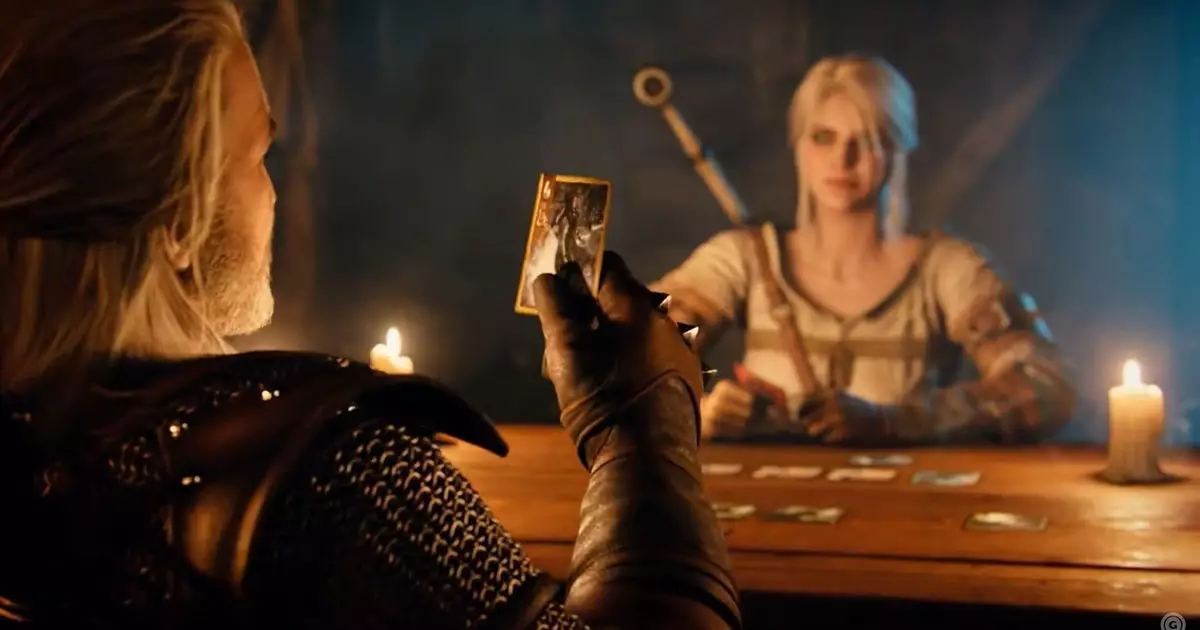In the realm of gaming, the reintroduction of beloved mechanics often generates anticipation and excitement among fans. When discussing CD Projekt Red’s upcoming release of Witcher 4, one notable aspect that has captured attention is the confirmed return of Gwent, the intriguing card game that gained popularity in the previous installment. As players reflect on past experiences and the unique blend of strategy and chance that Gwent offers, the promise of its inclusion in the new game raises expectations for a refreshed experience.
Notably, during recent interviews, developers from CD Projekt Red affirmed their commitment to Gwent’s role in Witcher 4. According to executive producer Gosia Mitręga, the development team continues to take substantial feedback from the community into account. This dedication to player input is vital, especially since Gwent was not merely a minigame; it evolved into a standalone phenomenon that attracted a dedicated following. The developers demonstrated their passion for Gwent and recognized its importance in enriching the overall game experience, further solidifying the idea that players can expect an engaging implementation in the sequel.
The Gwent featured in previous Witcher titles provided exciting deck-building possibilities that allowed players to experiment with various strategies. The excitement surrounding Gwent’s return ignites questions about how it will adapt to the evolving landscape of Witcher 4. Historically, the mechanics of Gwent have undergone several changes, particularly in its transition from a simple card-based diversion to a robust competitive online game. This evolution raises curiosity about how the developers will enhance or innovate the card game aspect further. Will we see new mechanics, altered rules, or perhaps entirely fresh cards to expand gameplay dynamics?
Furthermore, the memories of casual card duels interspersed with grand adventures come to the forefront. Players fondly recall moments spent in taverns, where the atmospheric enjoyment of friendly competition served as a much-needed respite from life-threatening quests. Nostalgia plays a significant role in fan expectations, and it would be advantageous for CD Projekt Red to balance familiarity with innovation to meet those expectations.
As the gaming community eagerly awaits more information regarding Witcher 4, the anticipation surrounding Gwent is palpable. Will the beloved snow-covered tactics find a place in the new game, and how might players adapt their strategies to the shifts in card interactions? These questions linger in the minds of fans, signaling that Gwent is poised to be a key component of the overall experience.
The return of Gwent in Witcher 4 is not merely about nostalgia; it signifies a deeper exploration of player engagement, community-driven decisions, and the potential for innovation within a beloved franchise. The excitement for how Gwent will evolve in the Witcher universe is matched only by the hope that CD Projekt Red will successfully weave this card game’s rich strategy into the engaging tapestry of Witcher 4, ensuring that players will once again find joy in the art of card play amidst their perilous adventures.

